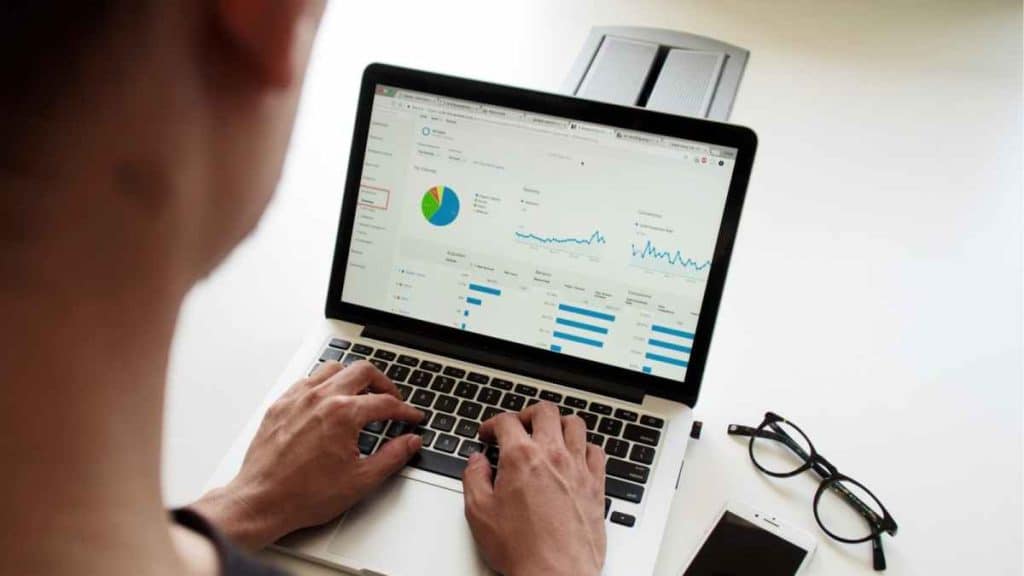Organizations around the globe dedicated to various social causes depend on effective fundraising to sustain their programs. A key player in this process is donor Customer Relationship Management (CRM) software. Donor CRM software is becoming an indispensable tool for nonprofits aiming to optimize their fundraising efforts. The following discussion delves into how nonprofits can harness this potent tool to streamline their fundraising.
Donor CRM Uncovered
Donor CRM software, also known as nonprofit donor management software, integrates the crucial tasks of maintaining contributor information, managing interactions, and tracking fundraising campaigns. Its purpose lies in its ability to bring efficiency to the management of contributor relationships.
This software has become a cornerstone for the fundraising efforts of many nonprofit organizations, by offering an efficient and organized approach to managing the multifaceted aspects of fundraising.
The Magic Five: Aspects of Donor CRM
Let’s explore the five core aspects that make donor CRM software a game-changer for nonprofits: enriched contributor data management, customized communication, optimized automated workflows, real-time campaign tracking, and insightful reporting and analytics.
Enriched Donor Data Management
Donor data is the bedrock of all fundraising initiatives. The most valuable aspect of donor CRM software is how it enhances this data management. This tool captures, stores, and organizes valuable donor information. A well-organized data repository can yield insights into contributor preferences and giving behaviors, boosting contributor engagement. Nonprofits can tap into this potential by maintaining accurate and updated records. It’s advisable to frequently revisit the data and make necessary updates – an endeavor the best donor software makes seamless and straightforward.
Customized Donor Communication
The power of personalization cannot be overstated when it comes to communication with donors. Nonprofits using contributor CRM software can send personalized messages that resonate with their donors, fostering deeper connections. Tailored messages have been shown to increase donation conversions. A practical tip for enhancing communication involves segmenting your contributors based on various factors, such as giving history or demographics, then crafting messages that speak directly to each segment. With this approach, nonprofits can engage contributor more effectively and improve the overall fundraising effort.
Optimized Workflows with Automation
Time is a scarce resource in any organization, and nonprofits are no exception. Donor software can automate routine tasks, freeing up staff time for more strategic work. Automated workflows result in significant time-saving efficiencies. Consider setting up automation for tasks like sending thank-you emails or reminders for upcoming events. Your team can then focus more on strategizing and building stronger contributor relationships.
Real-time Campaign Monitoring
Keeping track of ongoing fundraising campaigns is a breeze with donor CRM software. This tool allows for real-time monitoring of a campaign’s progress, which is key to making strategic adjustments when necessary. In setting up proper tracking mechanisms, nonprofits can react promptly to campaign trends. Such immediate response capability is a surefire way to optimize campaign outcomes and maximize fundraising efforts.
Data-driven Insights with Reports and Analytics
Every fundraising decision should be anchored in reliable data. Reporting and analytics capabilities of fundraising software make this possible. Nonprofits can gain insights into their fundraising efforts and make data-driven decisions.
To leverage this feature effectively, it’s recommended to establish key metrics aligned with your organization’s fundraising goals. Regularly reviewing these metrics can offer insights to guide future fundraising strategies.
Adopting Donor CRM: Key Considerations
Compatibility with existing systems, ease of use, and cost-effectiveness are vital considerations when adopting donor CRM software. It’s important to find a solution that will smoothly integrate with your current processes and systems.
User-friendly software encourages adoption and efficient use among team members. Lastly, the software should offer value for money. Nonprofits need to assess the cost against the potential benefits to ensure it’s a worthwhile investment.
The Sum of its Parts: CRM in Action
We’ve discussed the distinct features of CRM software, but the real power emerges when these parts function together. Let’s delve into how these facets work synergistically to streamline fundraising efforts and maximize the efficiency of your nonprofit organization.
- Value of Data in Fundraising – Data management is pivotal in streamlining fundraising efforts. By having an organized repository of donor data, nonprofits can understand and connect with their contributor on a deeper level. This data provides insights that can be used to personalize contributor experiences, improving engagement, and increasing the likelihood of donations.
- Personal Communication and Donor Retention – Donor retention is heavily influenced by the level of personalized communication. Consistent, meaningful communication fosters relationships that make contributor feel valued and more likely to contribute again. Personalized communication is a cost-effective strategy to maintain and grow your donor base.
- Efficiency through Automated Workflows – Operational efficiency directly affects a nonprofit’s fundraising capabilities. Automated workflows alleviate the administrative burden, enabling staff to concentrate on core tasks that contribute to the nonprofit’s mission. Through automating routine tasks, nonprofits can optimize their resources and focus on strategic initiatives.
- Strategic Planning with Campaign Tracking – Real-time campaign tracking facilitates strategic planning. Being able to promptly adjust to campaign trends enhances fundraising outcomes. Tracking offers a bird’s eye view of your campaigns, allowing you to make informed decisions and take timely actions.
- Improved Results with Reporting and Analytics – The importance of data-driven decisions in improving fundraising results cannot be overstated. Through reporting and analytics, nonprofits can measure the effectiveness of their strategies and make necessary adjustments. This functionality can directly influence fundraising outcomes by providing actionable insights.
Adopting donor CRM software can drastically improve a nonprofit’s fundraising efforts. It provides a structured approach to contributor data management, personalizes communication, optimizes workflows through automation, tracks campaigns in real-time, and offers data-driven insights.
In considering factors such as compatibility, ease of use, and cost-effectiveness, nonprofits can make a wise choice in adopting this tool. Through effective implementation and utilization, donor CRM software can help nonprofits realize their fundraising goals more efficiently and effectively.

